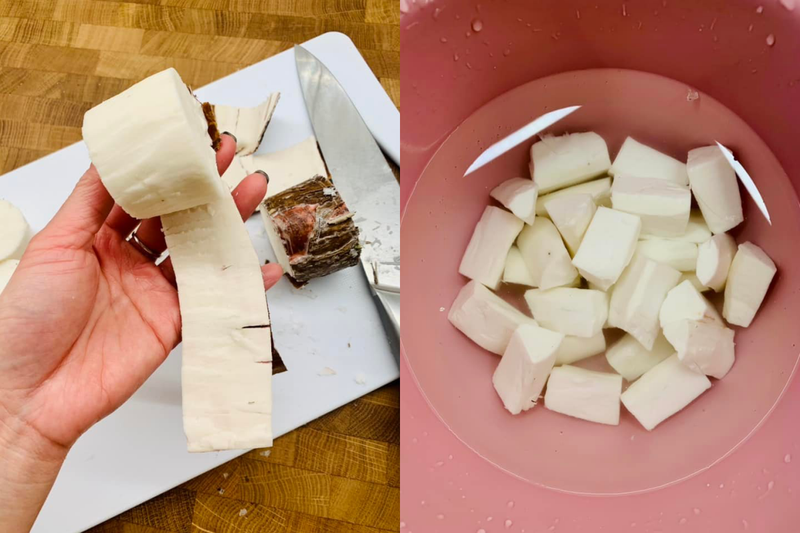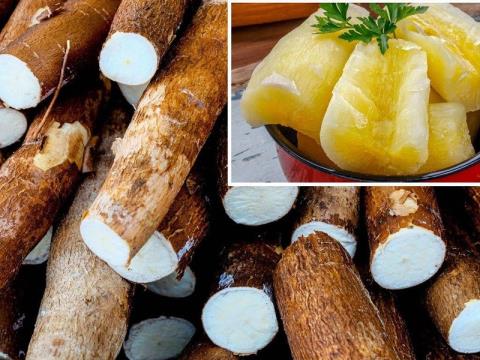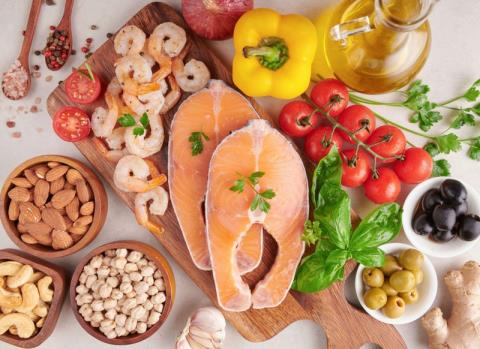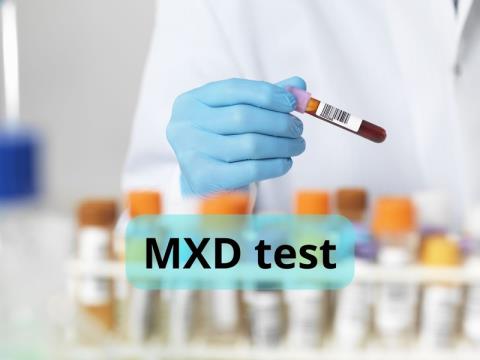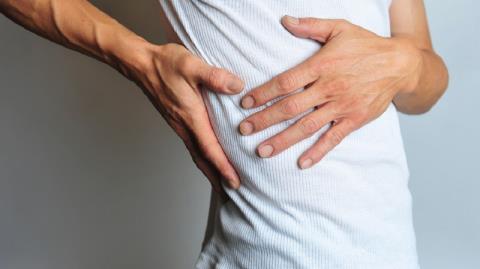Cassava is a staple food in many regions, but improper preparation or consumption can lead to poisoning. Understanding the symptoms, treatment, and prevention methods is crucial to avoid health risks. This article provides a comprehensive guide to cassava poisoning and how to handle it effectively.
Why Can Eating Cassava Cause Poisoning?
Cassava is rich in nutrients like starch, fiber, fat, and protein. However, it also contains cyanhydric acid (HCN), a toxic compound that can be deadly if consumed improperly. The toxin is concentrated in the peel, fiber, and root ends of cassava.
Improperly prepared cassava can lead to severe poisoning.
Symptoms of Cassava Poisoning
The symptoms of cassava poisoning vary depending on the severity of the condition:
Mild Poisoning
Mild cases may include symptoms such as:
- Headache
- Nausea
- Fatigue
- Dry nose and throat
- Dizziness
In mild cases, resting and drinking hot sugar water can help alleviate symptoms.
Acute or Severe Poisoning
Severe poisoning can lead to life-threatening symptoms, including:
- Convulsions
- Neurological disorders
- Dilated pupils
- Pale skin
- Slow breathing
- Respiratory failure
Severe cassava poisoning can cause acute respiratory failure and even death if not treated promptly.
How to Treat Cassava Poisoning
If someone shows symptoms of cassava poisoning, follow these steps:
- Induce vomiting to remove toxins from the stomach.
- Give the patient hot sugar water or sugarcane juice to neutralize the poison.
- Seek immediate medical attention for further treatment.
Folk Remedies for Cassava Poisoning
In addition to medical treatment, some traditional remedies can help alleviate symptoms:
- Drink juice from water spinach or purslane.
- Consume sugarcane juice or sugar water.
- Use crushed porcelain banana pulp or gotu kola mixed with salt.
- Drink water from crushed crabs mixed with salt.
How to Prevent Cassava Poisoning
Preventing cassava poisoning involves proper processing and preparation:
| Step |
Description |
| 1. Peeling |
Remove the pink skin and fiber from cassava roots. |
| 2. Soaking |
Soak cassava in clean water for several hours, changing the water frequently. |
| 3. Cooking |
Boil or steam cassava with the pot lid open to release toxins. |
| 4. Taste Test |
Discard bitter cassava, as it contains higher levels of cyanhydric acid. |
Properly processed cassava is safe to consume.
Important Notes on Cassava Consumption
- Avoid eating cassava on an empty stomach or in large quantities.
- Do not consume cassava in the evening, as symptoms may go unnoticed during sleep.
- Children are more susceptible to poisoning and should avoid cassava.
Conclusion
Cassava poisoning is a serious health risk, but it can be prevented with proper knowledge and preparation. By following the steps outlined above, you can safely enjoy cassava without fear of poisoning. For more information on cassava poisoning, visit our detailed guide.
